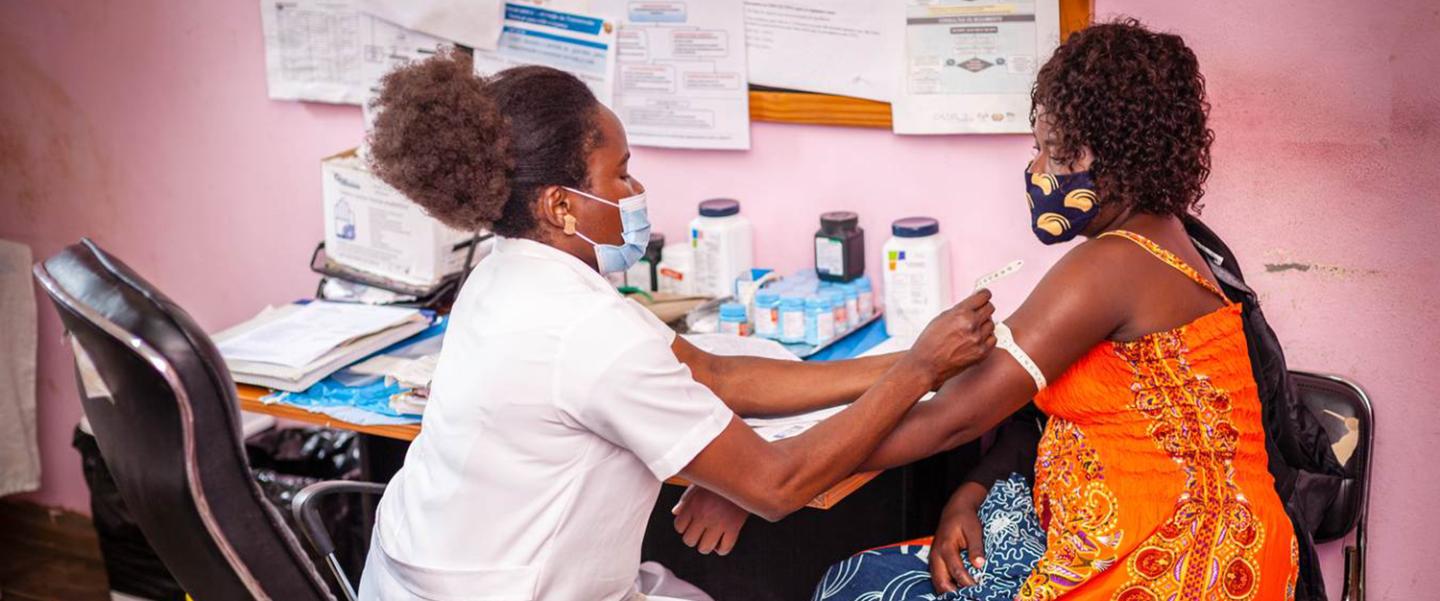
Spotlight On: Digital Solutions for Global Development
Abt Global partners with local changemakers to apply the power of data for person-centered, integrated primary health care via country-led health systems.
We believe that when individuals and communities are equipped and empowered, they can drive better health outcomes and ensure higher quality care for all.
We collaborate with Ministries of Health and local organizations to harness the transformative power of data for people-focused, integrated care, guided by robust, country-led health systems.
Through these partnerships, we can deliver improved data practices, translating insights into tangible action and developing localized solutions that enhance lives and increase economic wellbeing. Our approach centers on local leadership and multisectoral engagement, recognizing these as the foundations of resilience, accessibility, and sustainability within health systems. By prioritizing local expertise, we enable countries to develop enduring, adaptable health solutions that respond to their unique challenges.
Together, we work to build sustainable, country-led systems that are resilient, improve quality of life, and uplift communities, creating a bright future for person-centered healthcare.
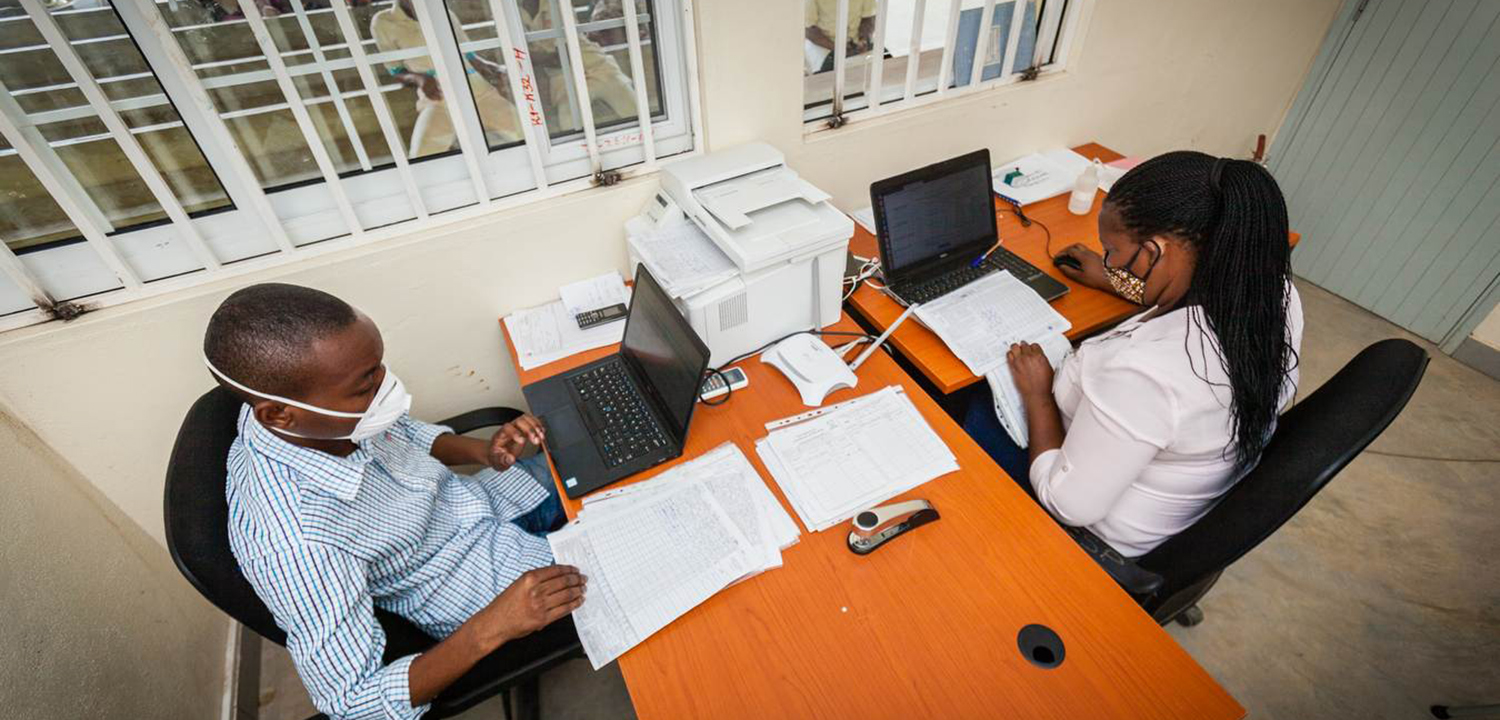

Methods
We offer integrated, interdisciplinary data approaches focused on:
- Person-centered, integrated care systems
- Interoperability
- Data integration
- Alignment with international standards
- OneHealth approaches
- Climate & Environment
We are an adaptable partner, accelerating technical exchange for strengthened health systems through close partnerships with:
- Ministries of Health
- Local technical and digital organizations
We partner to achieve efficiencies and future readiness via digital transformation by:
- Collaborating with Ministries of Health to accelerate delivery of digital roadmaps
- Leveraging data science for efficiencies
- Bridging the digital divide
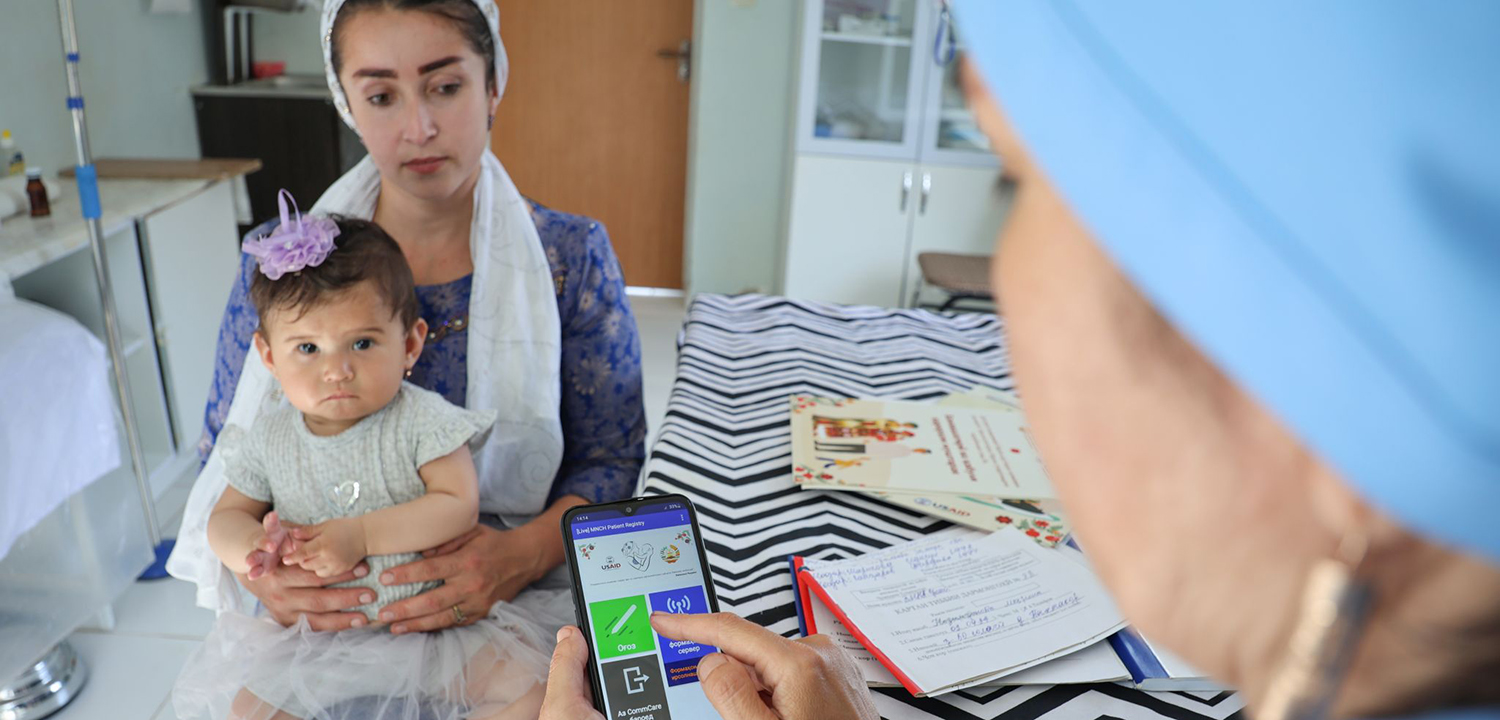

Abt partners to deliver better data, insights to action, and localized solutions balanced with global best practices to deliver person-centered healthcare.
We are strategy-driven, not tool-driven, because technology is only successful and sustainable when people, processes, and systems work together. We know that many digital investments fail without strong policies, partnerships, and governance. Our teams always put the users, methods, advocacy, and governance first—including the planning, financing, policy, and human and digital infrastructure that make technology approachable and solutions sustainable.
Telemedicine Becomes a Lifeline for Ukraine's Health System
Telemedicine skyrocketed globally during COVID-19 lockdowns, but for Ukraine, the Russian invasion in early 2022 made its use imperative and urgent. As of March 2023, more than 1,151 health facilities had been damaged or destroyed according to Ukraine’s Ministry of Health, and thousands of health providers have been internally displaced or fled the country. The USAID-funded and Abt-led Local Health System Sustainability Project (LHSS) rapidly helped the ministry create a standardized process to safely deploy appropriate telemedicine technologies, including tools and systems needed for emergency surgery and critical care.
To ensure appropriate use, we have helped train more than 1,300 medical workers in 350 health facilities, resulting in more than 3,000 sessions with patients. Our staff provide 24/7 technical support for patients and health providers using the technologies—including a remote surgery tool. Advanced cameras, monitors, software, and a secure network enable an off-site specialist to watch a live surgery in progress, see the patient’s vital signs, and provide direction to the surgeons in the operating room.
LHSS provided a structure to organize, govern, and channel private sector engagement and foster the expansion of access to quality care through telemedicine. Our team supported the Ministry of Health in creating the country’s first interagency working group focused on developing and expanding access to telemedicine—a major development in making healthcare services more accessible to the people of Ukraine. With the working group, we analyzed the status of telemedicine implementation in Ukraine; developed recommendations on organizational and technical solutions for its implementation; and convened state authorities to agree on priorities and improve policies on telemedicine development.
Developing a Digital Health Strategy and Infrastructure in Tajikistan
When our local team began working with Tajikistan’s Ministry of Health on USAID’s Healthy Mother Healthy Baby (HMHB) project, most managers were only familiar with Excel spreadsheets, which are limited in terms of scalability, integration, version control, and collaboration. A national digital health strategy was not originally in the project’s mandate to improve maternal and child outcomes, health, and nutrition. But it was clear to the team and government stakeholders that data and digital access were central to these goals. improving maternal and child outcomes, health, and nutrition. But it was clear to the team and government stakeholders that data and digital access were central to these goals.
Our project team helped establish a digital foundation in the healthcare sector, and more broadly in Tajik society, based on connectivity, sustainability, and governance. We are partnering to advance digital health platforms by digitizing national protocols, medical guidelines, curricula, and reporting systems. Key initiatives include creating a knowledge hub portal that attracted nearly one million visits from 180,000 users in its first year and developing mobile registers for women, newborns, and children. Additionally, we support advocacy, financing, and staffing efforts to ensure the sustainability of these digital health solutions. HMHB’s investments in digital literacy and tools have improved communication, data collection, and virtual capacity building while reducing travel and time-consuming, paper-based processes.
In less than three years, the health system transitioned from paper-based and in-person training to online e-learning and digitized curricula. Today, more than 90 percent of Tajikistan’s 8,000 health workers access medical learning materials digitally instead of making the long trek to district libraries.
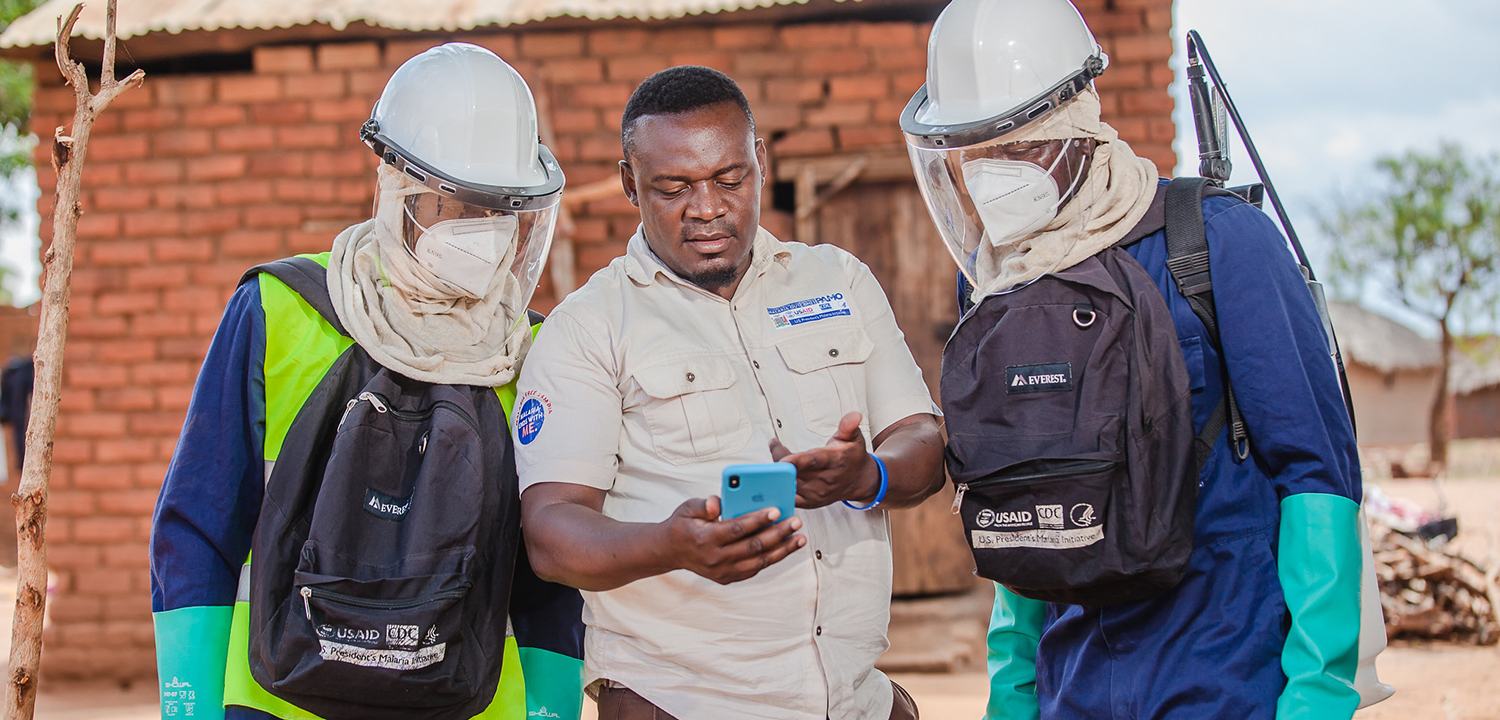

A culture of data use accelerates lasting change.
Data is the heartbeat of every Abt project worldwide. When we start a project, digital or not, we first ask our partners and clients what it is that they need to be able to do—more, better, differently. What they want to know and who needs to know it. Because data is only useful when it’s used.
Timely and Reliable Data Collection, Analysis, and Use Drive Malaria Control Efforts Saving Millions of Lives
Since 2011, we have worked in dozens of countries to eliminate malaria through a growing ecosystem of local entomological experts powered by digital systems and access. Abt has supported global investments by the President’s Malaria Initiative through proven, life-saving vector control strategies: indoor residual spraying, insecticide-treated bed nets, and entomological surveillance to monitor and respond to changes in malaria-transmitting mosquito populations worldwide, including their resistance to insecticides.
Real-time data is critical to all of this. It drives operational and technical decisions in dozens of countries every day on which vector control intervention would be most effective, which insecticide should be used, the optimal location and timing for interventions, and the quality and impact of project activities.
We standardized data collection tools and processes through an interoperable, DHIS2-based reporting and entomological monitoring system called VectorLink Collect, built to capture and store data consistently across project countries. It serves as PMI’s central, global database for evidence-based decision-making across activities, with complete and relevant datasets to effectively plan vector control interventions—from drone-piloted spraying to ensuring cold chains for indoor residual spraying in off-grid Sub-Saharan communities.
We developed VectorLink Collect using open-source, cloud-based software widely available in low- and middle-income countries for national health management information systems. The system is used in every PMI-focus country—ensuring long-term interoperability and sustainability, continued country usage, and more self-reliant health information systems. It is the first large-scale DHIS2 implementation that works with a fully offline data entry application, ideal for areas with limited internet connectivity. This digital ecosystem provides powerful analytical capabilities and increases data accessibility to all users to inform complex, integrated, cost-efficient vector control decisions at the country level.
Datacentric Strategies Power Progress in HIV Treatment
Through rigorous data collection and analyses, and a culture of learning and innovation, our digital and technical teams have rapidly contributed to widescale systems, services, and policy changes with dramatic results for millions of people living with HIV in Mozambique, where 12.6 percent of the adult population is living with HIV.
Since launching in 2019 amid catastrophic cyclones and then the COVID-19 pandemic, the USAID-funded Efficiencies for Clinical HIV Outcomes (ECHO) project has already achieved or surpassed many of its 5-year targets. By 2024, almost twice as many people were on antiretroviral treatment (ART)—more than 425,000, up from 207,753 in 2019—and enrollment in differentiated service delivery models like multi-month distribution have more than tripled.
We facilitated this progress by building a decision-making foundation on the power of data analysis and visualization. Dashboards get data into the hands of program staff and enable indicator- and real-time facility-outcome tracking. Teams regularly prioritize data, hold trend reviews, and incentivize data-focused problem solving through Innovation Fairs that encourage staff at all levels to create solutions to program-wide challenges. Finally, we systematically test new approaches through rapid cycle evaluations that identify root causes of success or gaps. These analyses generate evidence that inform tailor-made approaches—such as multi-month drug distribution to retain patients—that we can scale up program-wide.
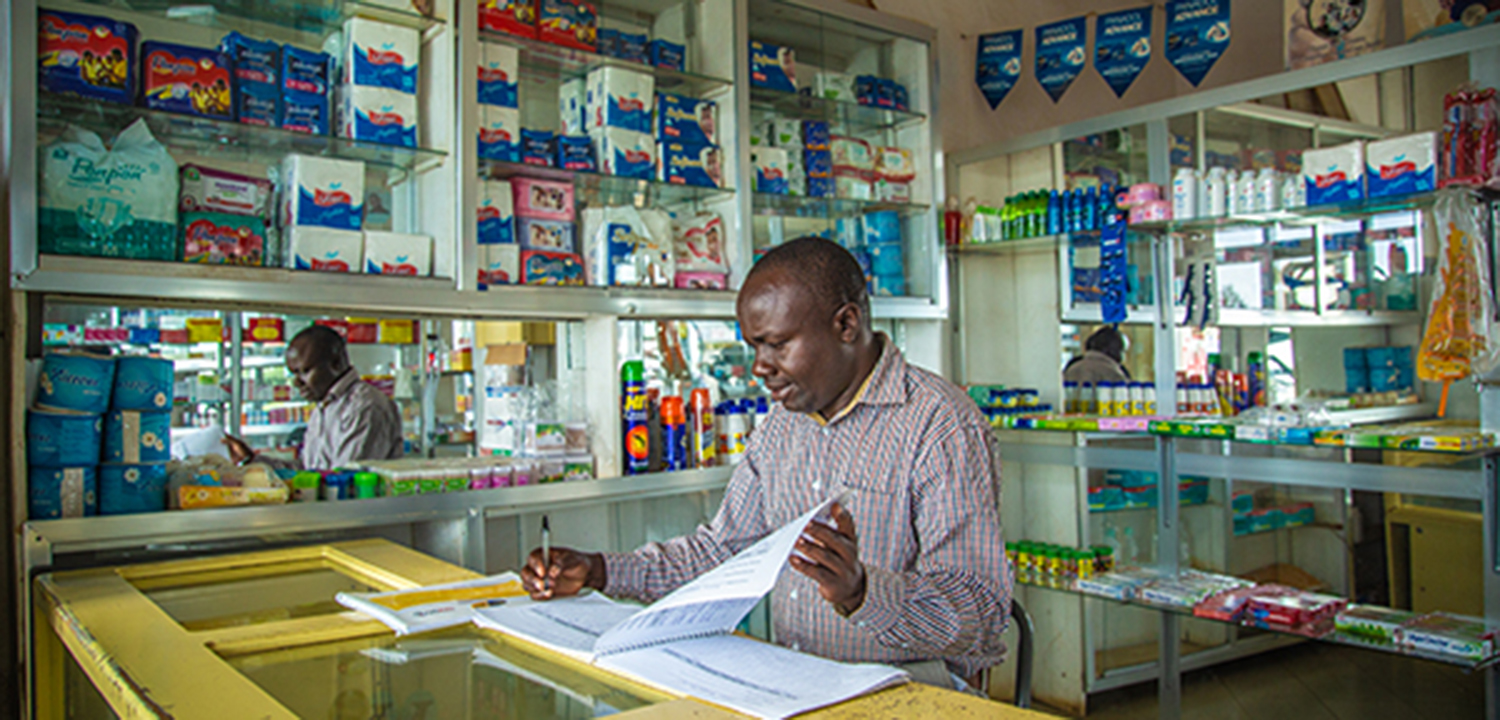

Whole of society, digital by default solutions are the future of sustainable development.
Closing the digital divide is key to sustainable development. Connected citizens are better equipped to participate in the digital economy, access information and services, and benefit from the educational, employment, and social opportunities that technology provides. A strong and resilient digital society requires a whole-market, whole-of society development approach spanning sectors and institutions to remove barriers and build trust, digital literacy, and sustainable infrastructure.
Strengthening Systems to Improve Transparency and Financial Management, and Deliver Quality Services
In Tanzania, through the USAID Public Sector Systems Strengthening Activity (PS3+), we are connecting local government to citizens through interoperable systems, financial services, and public workers for greater autonomy, transparency, accountability, and efficiency in health, education and agriculture services. We work to strengthen local government systems, collaborating with various government entities to institutionalize evidence-based planning and management at the local level for increased citizen engagement and improved access to quality public services.
The project has supported the implementation of web-based systems like the Facility Financial Accounting and Reporting System and the Planning and Reporting (PlanRep) system in over 180 local government authorities and villages. With PS3+’s support, all public health facilities—24,229 schools and health facilities—are using PlanRep. The system has improved financial record-keeping, facilitated more flexible fund flows, enabled better planning and budgeting, and streamlined recruitment processes.
PS3+ also collaborates with various government entities to institutionalize systems at the local level for increased citizen engagement and improved access to quality public services.

